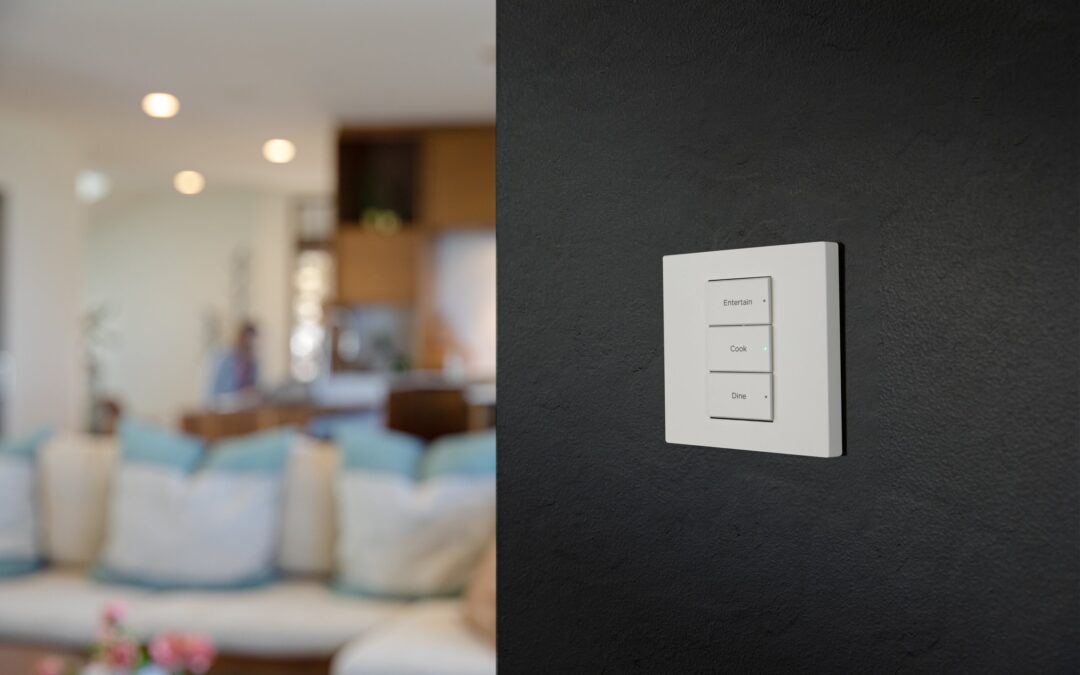Automated lighting controls
Residential lighting controls are specifically designed for homes and provide homeowners with convenient and energy-efficient ways to manage their lighting. These controls offer a range of features that enhance comfort, convenience, and energy savings. Here are some common types of residential lighting controls:
1. Dimmers: Dimmers allow you to adjust the brightness of your lights, creating different moods and saving energy by reducing light output when full brightness is not needed.
2. Timers: Timers enable you to schedule lights to turn on or off automatically at specific times, providing security and energy efficiency by ensuring that lights are not left on unnecessarily.
3. Motion Sensors: Motion sensors detect movement and automatically turn lights on or off based on occupancy. They are particularly useful in areas like hallways, bathrooms, and closets, where lights can be triggered by movement and turned off when the space is unoccupied.
4. Occupancy Sensors: Similar to motion sensors, occupancy sensors detect the presence of people in a room and control the lighting accordingly. They ensure that lights are turned off when a room is unoccupied for a specified period, reducing energy waste.
5. Smart Lighting Systems: Smart lighting systems utilize wireless technology and can be controlled through mobile apps or voice commands. They offer advanced features such as remote control, scheduling, color-changing options, and integration with other smart home devices.
These residential lighting controls provide homeowners with flexibility, convenience, and energy savings, allowing them to customize their lighting to suit their preferences while also reducing energy consumption.t all begins with an idea. Maybe you want to launch a business. Maybe you want to turn a hobby into something more. Or maybe you have a creative project to share with the world. Whatever it is, the way you tell your story online can make all the difference.
Don’t worry about sounding professional. Sound like you. There are over 1.5 billion websites out there, but your story is what’s going to separate this one from the rest. If you read the words back and don’t hear your own voice in your head, that’s a good sign you still have more work to do.
Be clear, be confident and don’t overthink it. The beauty of your story is that it’s going to continue to evolve and your site can evolve with it. Your goal should be to make it feel right for right now. Later will take care of itself. It always does.

